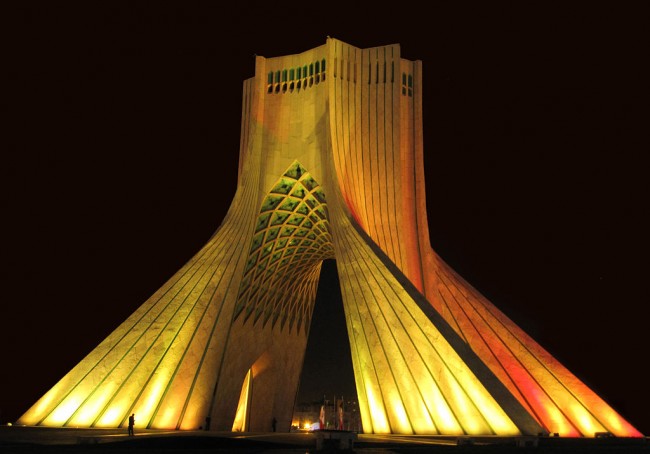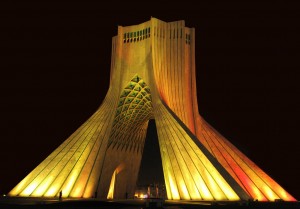Iran seeks political solution to Syria crisis

 Iran seeks a political solution to the Syria crisis, Iranian Foreign Minister Mohammad-Javad Zarif said here on Monday.
Iran seeks a political solution to the Syria crisis, Iranian Foreign Minister Mohammad-Javad Zarif said here on Monday.
“Over the Syria issue, we emphasize that political ways should be considered by all of the parties in Syria,” Zarif said in a joint press conference with visiting Syrian Foreign Minister Walid al-Moallem.
Political talks should be carried out without any “dangerous and destructive intervention of foreigners,” Zarif said.
Iran favors regional as well as Syrian interests, he said, expressing the hope that “all the efforts (to settle the crisis) bear results as quickly as possible.”
Both Zarif and his Syrian counterpart, Moallem, condemned alleged Israeli airstrikes on two areas near Damascus on Sunday.
Zarif said the Israeli move was in line with activities of “terrorist groups” fighting the Syrian government.
Source: Xinhua




